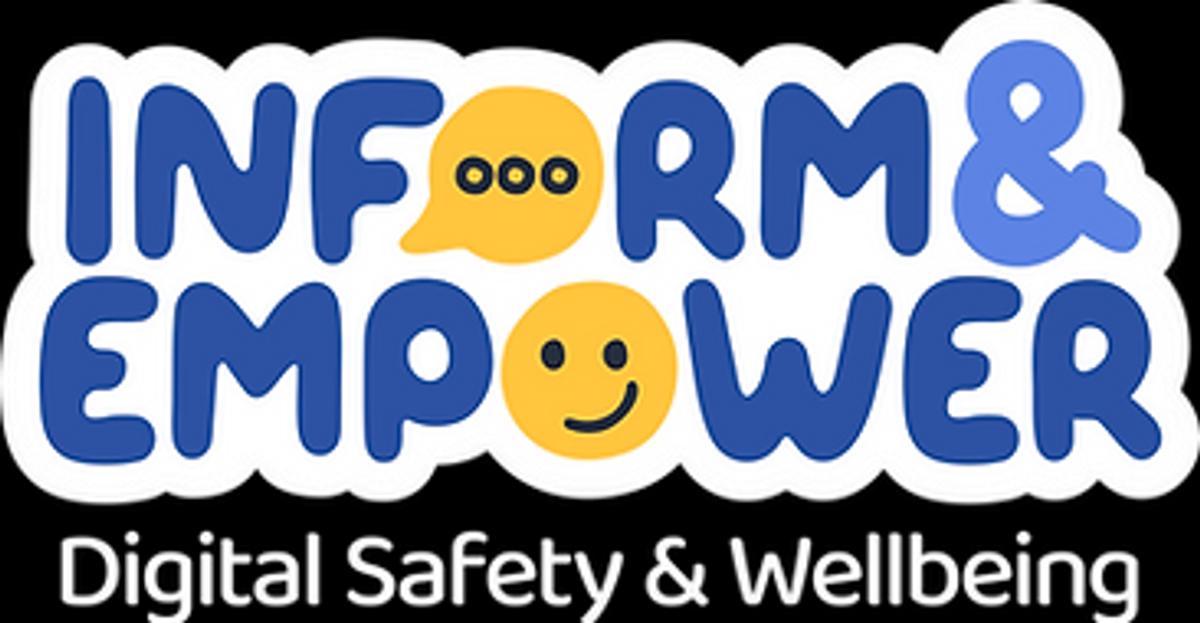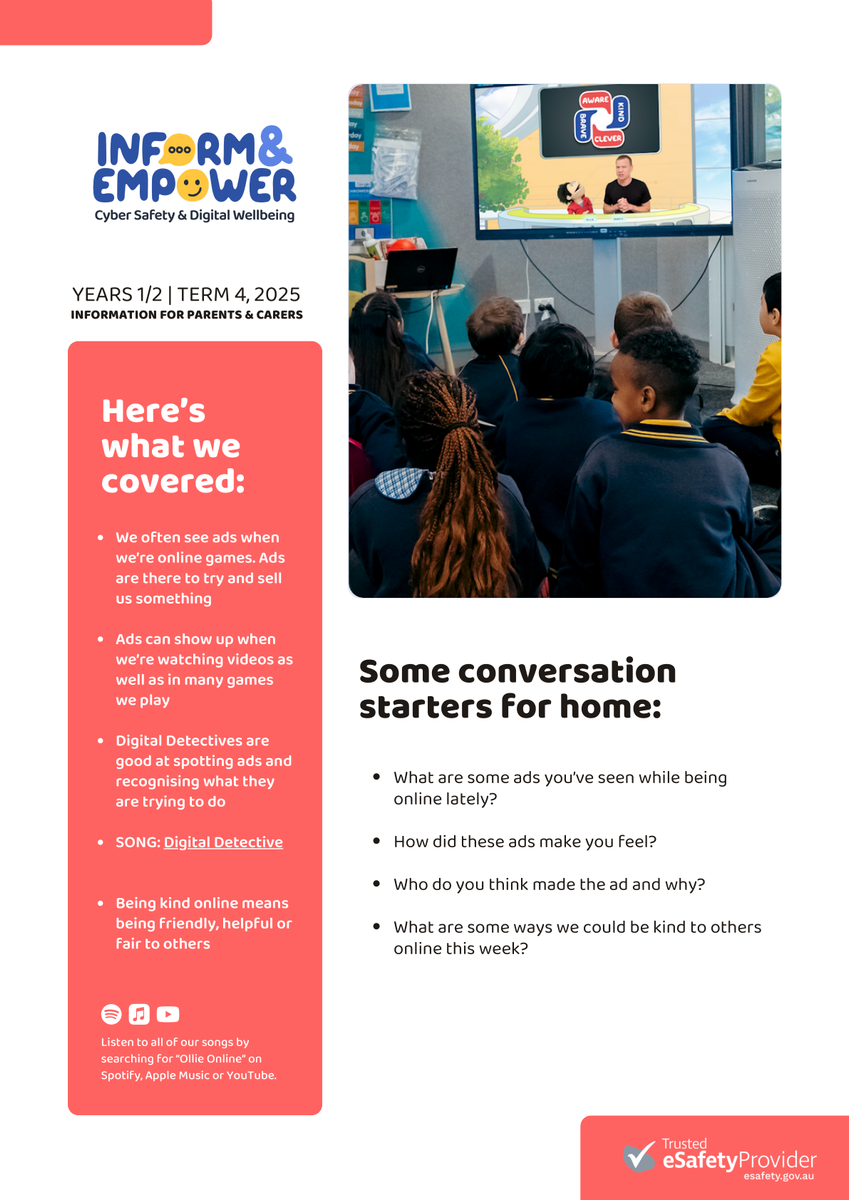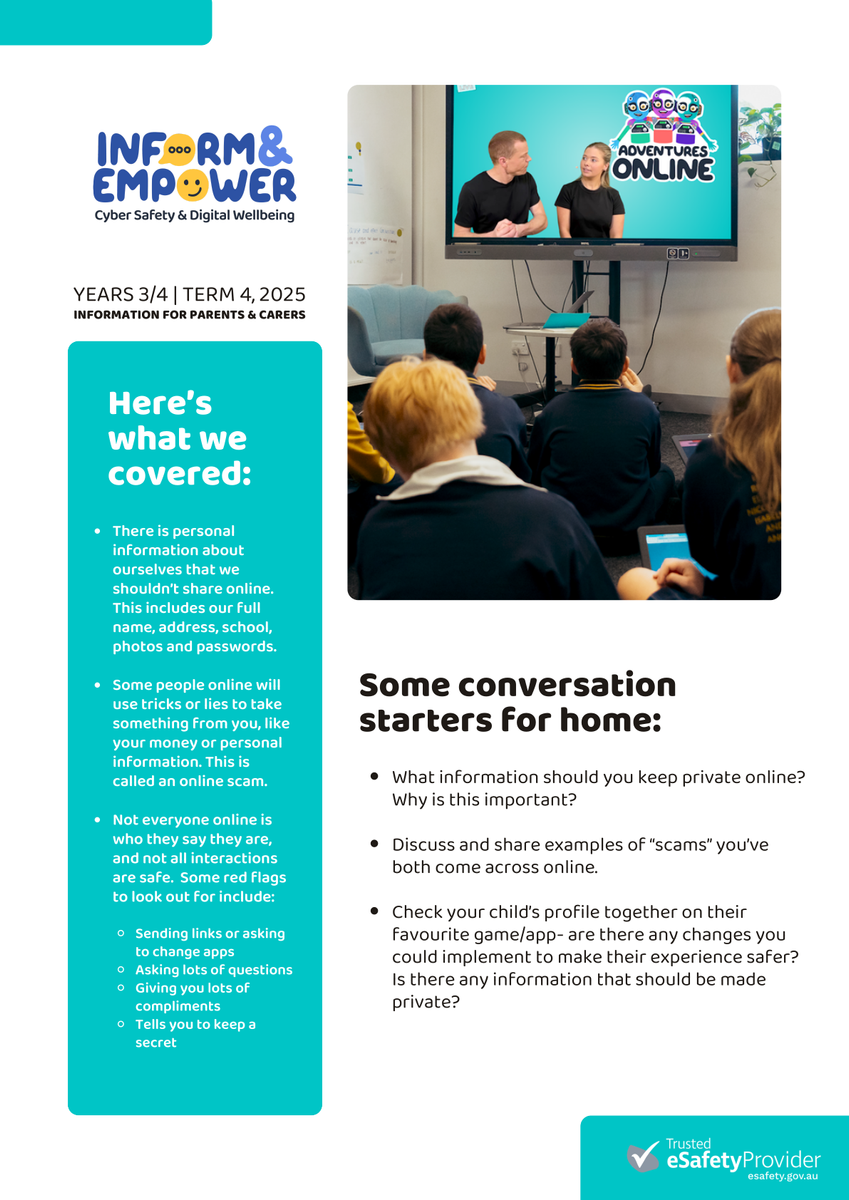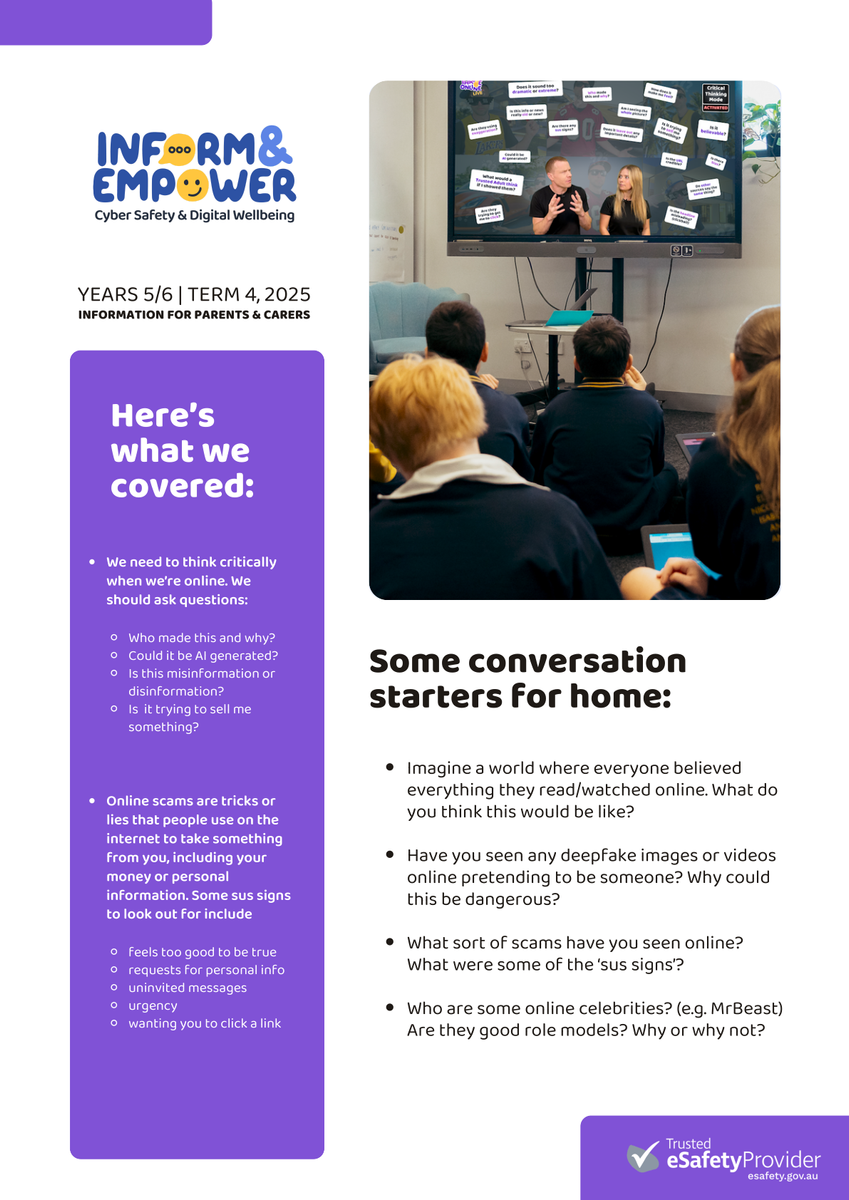Wellbeing

Be You
October is Mental Health Month, prompting us to reflect on our wellbeing and engage in meaningful dialogue about mental health.
Creating calmer schools with trauma-informed practice
In trauma-informed schools, educators recognise that behaviour is a form of communication. When a child or young person becomes dysregulated, withdraws or disengages, they may be expressing stress, fear or unmet emotional needs. The role of the school isn't to diagnose or fix, but to respond with curiosity, compassion and consistency, asking not "What's wrong?" but "What support might help this child or young person feel secure and succeed?"
Adopting a trauma-informed approach doesn't just support students with known trauma in their history – it benefits every child and young person. Schools that embed trauma-informed practice help ensure every child and young person feels supported, cared for and ready to participate in learning.
Prep
Learning this term will focus on screen time and agency. We will focus on comfortable vs uncomfortable feelings and strategies that can help us navigate uncomfortable situations online.
Term 4 ParenResources will be available in the next newsletter.
Year 1 & 2
Learning this term will focus on developing critical thinking and digital literacy skills. We will also explore what it means to be kind online.
Year 3 & 4
Learning this term will focus on the importance of not sharing personal information and the difference between scammers and hackers. We will also explore how to identify red flags and navigate unsafe online interactions.
Year 5 & 6
Learning this term will focus on being a critical consumer of media and strategies to evaluate the credibility of online sources. We will also explore ways to protect against scams and hackers.




